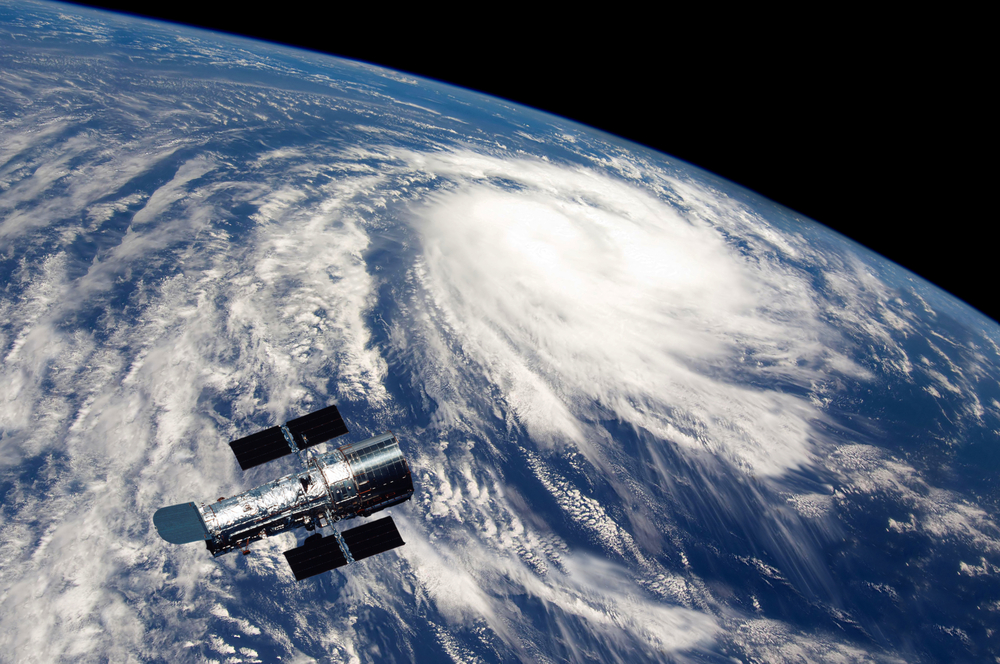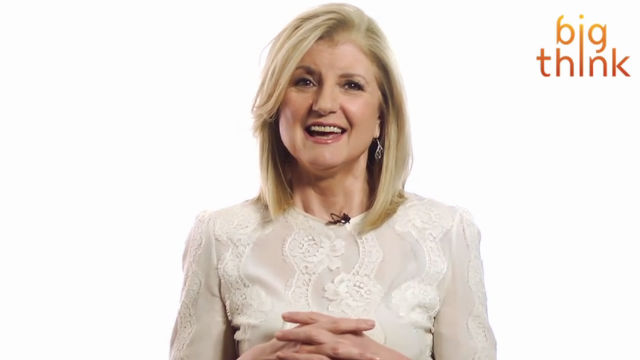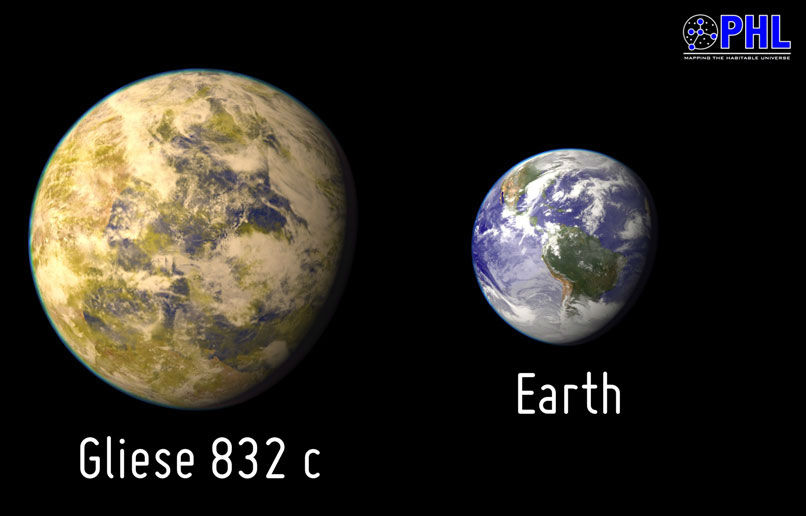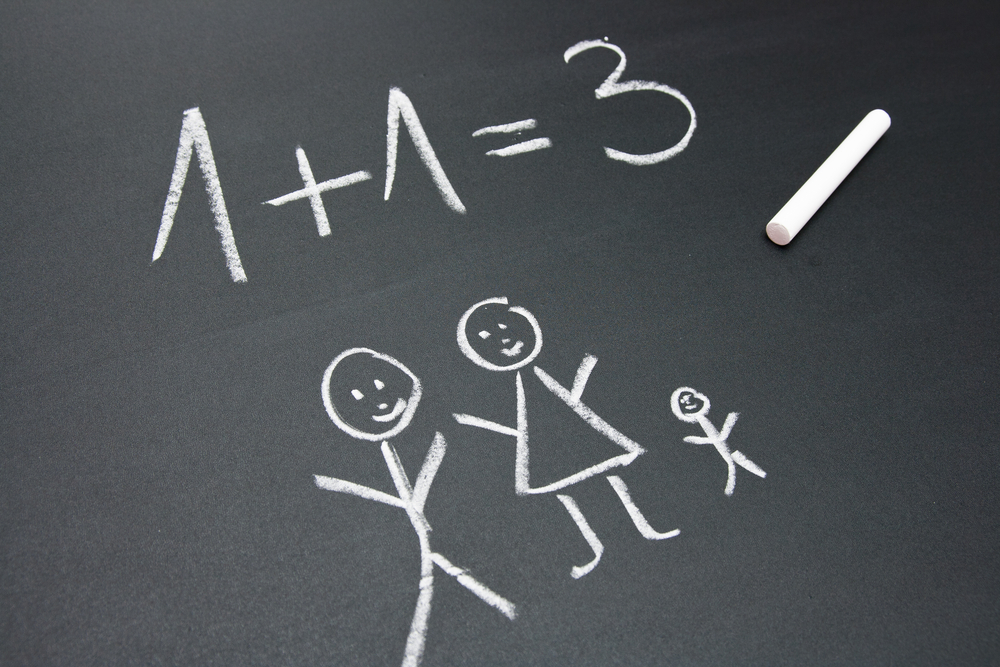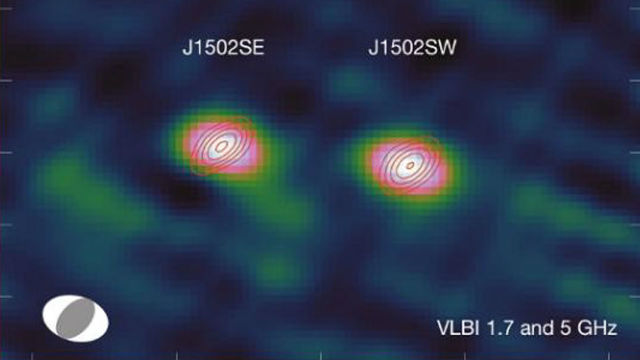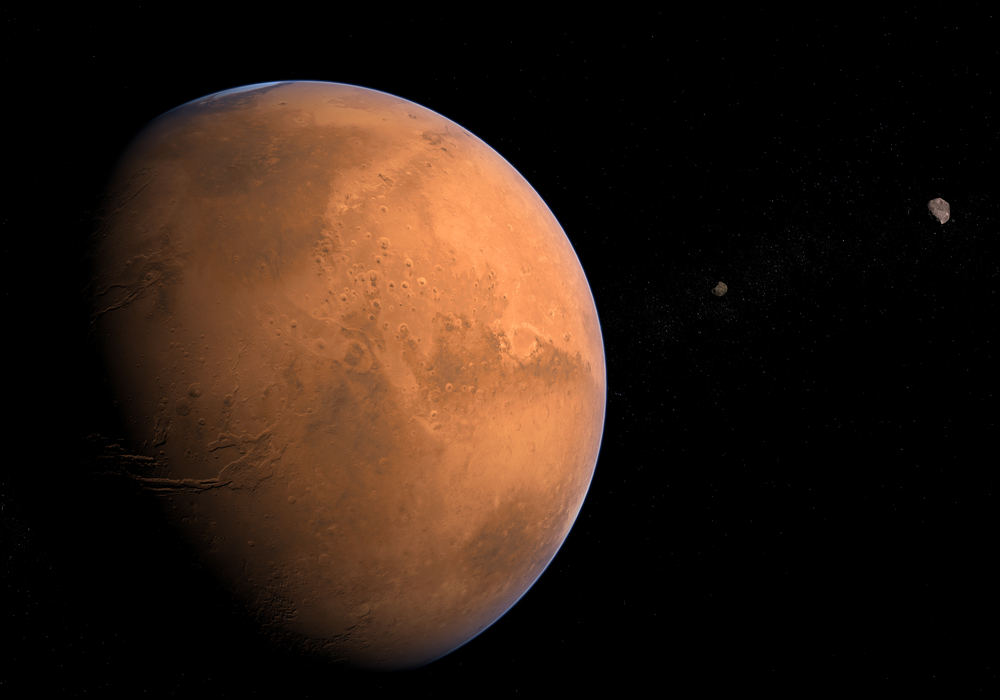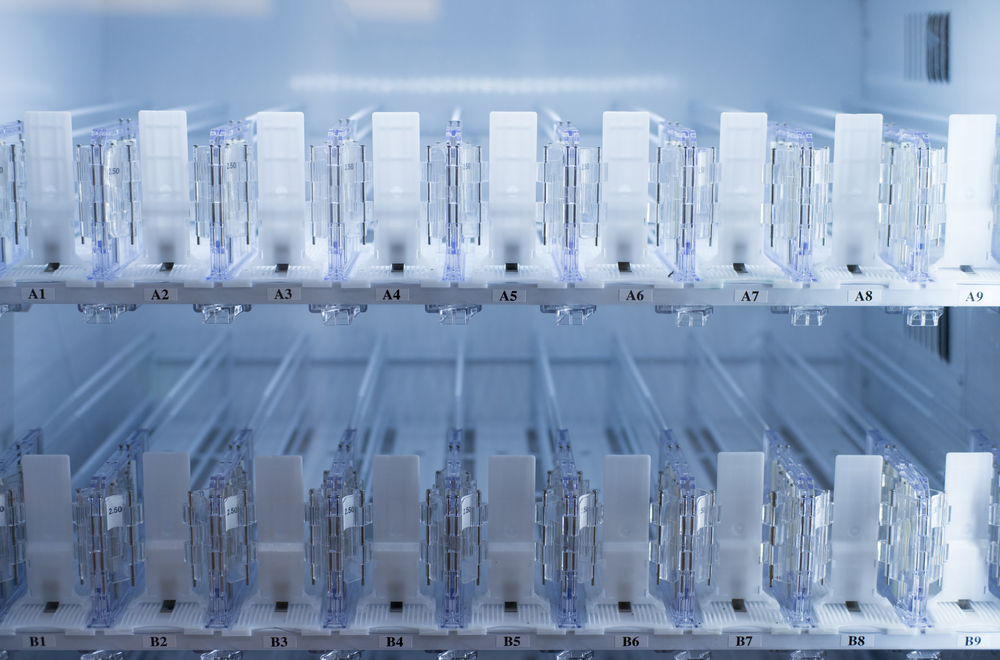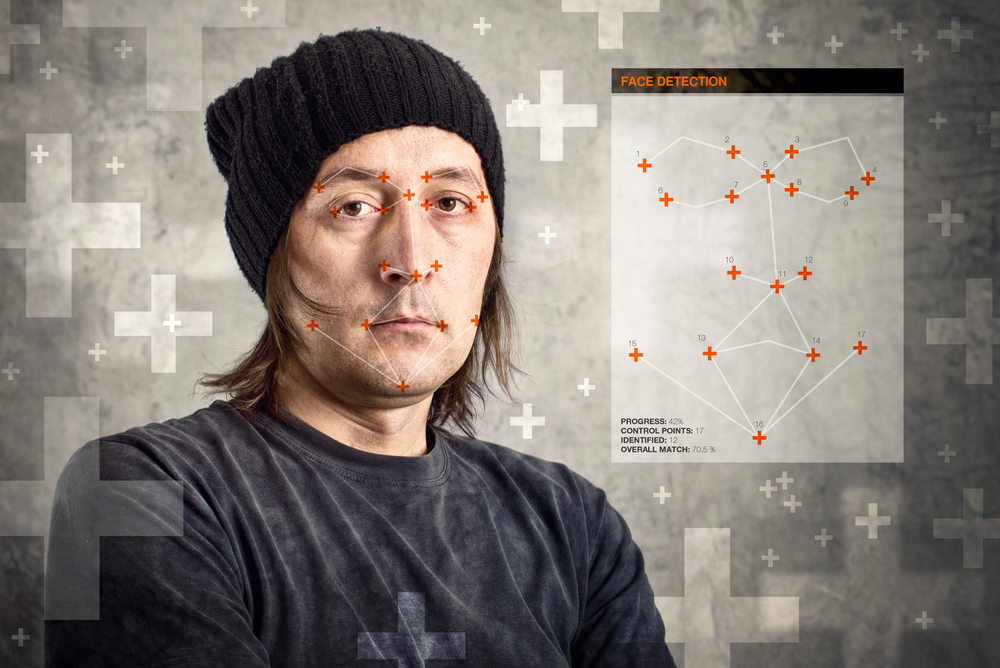Surprising Science
All Stories
The Uniform Law Commission supports a plan that would grant loved ones access to a deceased person’s social media accounts unless otherwise specified in a will. Opponents of the plan say it infringes upon privacy rights.
Stressful days boost insulin levels and slow down your metabolism, causing your body to burn calories at a slower rate.
The New Horizons spacecraft, which launched in 2006, will be the first man-made object to pass by and collect information on Pluto when it arrives at the dwarf planet on July 14, 2015.
One in three Americans are reportedly considering reducing the amount of gluten in their diet, gluten being an enzyme found in wheat, which has been a staple of the human diet for many thousands of years.
Lyft, the pink mustache peer-to-peer ride-sharing company, has postponed its New York City Launch after being hit with a restraining order by the state attorney general.
With their sources of drinking water nearly dried up, the thirsty town of Wichita Falls has incorporated treated wastewater into its water supply.
A crowdsourced effort to take control of an abandoned satellite has ended due to rocket failure. The valiant endeavor may encourage others to try their hand at commandeering old satellites.
Don’t judge a substance by its smell: hydrogen sulfide, a gas more associated with flatulence than healthcare, is the key ingredient of a new compound designed to treat issues relating to heart attack, stroke, and dementia.
Plato recently tweeted his 10 biggest mistakes (channeled via Rebecca Goldstein author of Plato at the Googleplex). Two mistakes concern mathematics and an almost irrational faith in its powers: 1. […]
Noted Lifestyle Designer Tim Ferriss recommends avoiding e-mail during the first 2 hours of your day. Doing so will clear your mind and allow you to focus on accomplishing your own goals.
The dire results of Senator Claire McCaskill’s survey pave the way for new legislation aimed at protecting victims of sexual assault on college campuses.
The bulky pacemakers of the present could be replaced by tiny mechanisms as small as a grain of rice. The secret to shrinking the devices is in how to power them wirelessly.
NASA released this still today from a timelapse video of the London Eye. Notice the clouds in the background? NASA explains why their appearance is an uncommon sight: This scene […]
What is the last thing you look at before you go to bed? Is it the television blaring a Netflix series? Or are you catching up on the stories of […]
NASA today released this image of Gliese 832c, the closest potentially habitable exoplanet. From NASA: This planet is only 16 light years away — could it harbor life? Recently discovered […]
A Massachusetts company hopes to begin testing a remote-controlled contraceptive device next year with the goal of introducing it to the public by 2018.
What’s powering the jets of material blasting into this galaxy’s disk? NASA explains: The spiral arms of bright, active galaxy M106 sprawl through this remarkable multiwavelength portrait, composed of image […]
When one black hole isn’t enough! Most galaxies just have one. But this one has three. NASA explains: The likely reason is that galaxy J1502+1115 is the product of the […]
Why would a cloud appear to be different colors? NASA explains: A relatively rare phenomenon known as iridescent clouds can show unusual colors vividly or a whole spectrum of colors […]
When placed in a room with a machine that delivered a moderate electric shock, most people preferred to gives themselves a jolt of painful electricity than entertain their own imagination.
For just 99 cents, you can contribute images, text, audio, or video clips to be included in a Mars-bound spacecraft that will await the arrival of future astronauts, greeting them with your message once they’ve landed.
If increasing agricultural efficiency and reducing global poverty are among our goals, the world must prepare to vastly increase its energy consumption, or so said speakers at the Breakthrough Institute’s recent Dialogue conference.
Incorporating different devices for various tasks can help boost your productivity and focus.
The Motus Pitcher sleeve, worn from the elbow to the forearm, generates data to determine if he is at risk of injury or fatigue. The Smart Sleeve is one of many major advancements in biomechanics aimed at curbing sports injuries.
Just like food trucks before them, American vending machines are in the midst of a re-evolution. New machines are becoming increasingly more upscale and feature nontraditional wares such as caviar, cupcakes, and burritos.
After we’ve extended the human lifespan exponentially and created the means for quick interstellar travel, humanity will set its sights on the ultimate goal: saving our universe from certain destruction.
Face it: even though new technologies can be exciting and fun, they’re also major causes of stress. Tech developers are setting a goal to de-stress our devices.
Researchers at two universities are confirming what many of us probably already believed about stress — it’s highly, highly contagious.
Long used to identify criminals and missing children, facial recognition may soon be used by physicians to map a patient’s aging and estimate his/her lifespan. As you may imagine, insurance companies are following the developing technology very closely.
Researchers at George Washington University have identified a part of the brain that, when stimulated with an electric impulse, disrupts consciousness.






